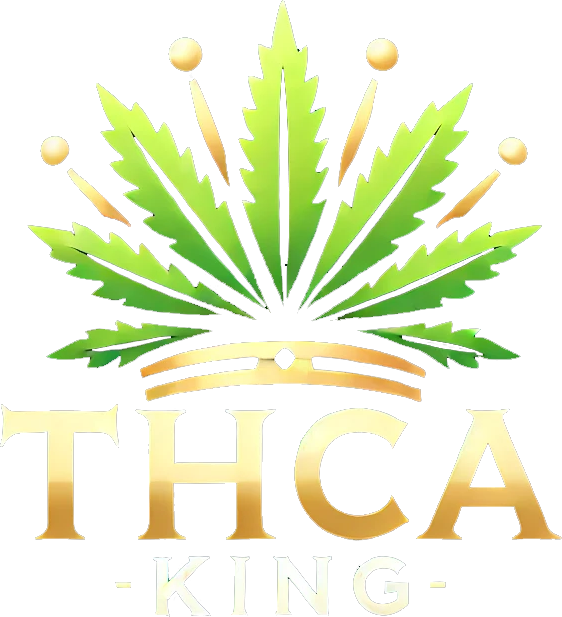
THCA Flower: Myths vs. Facts
Share
As interest in cannabis products grows, so does the curiosity about THCA flower. THCA (tetrahydrocannabinolic acid) is a cannabinoid found in raw cannabis that has been gaining attention for its potential health benefits. However, with its rising popularity, several myths and misconceptions have emerged. In this blog post, we will debunk common myths about THCA flower and provide facts to help you understand this fascinating compound better.
Myth 1: THCA is Psychoactive
Fact: THCA is non-psychoactive. One of the most common misconceptions is that THCA can get you high. In reality, THCA does not produce any psychoactive effects. It is the precursor to THC (tetrahydrocannabinol), the compound responsible for the high associated with cannabis. THCA needs to be decarboxylated (through heating) to convert to THC. This means that raw THCA flower will not produce a high unless it is smoked, vaporized, or cooked.
Myth 2: THCA Flower is Illegal Everywhere
Fact: The legality of THCA flower varies by state. The legal status of THCA flower depends on state laws. Under federal law, THCA derived from hemp (containing less than 0.3% THC) is legal. However, each state has its own regulations regarding cannabis products. Some states have legalized THCA flower for medical or recreational use, while others have more restrictive laws. It’s important to check your local regulations to determine the legality of THCA flower in your area.
Myth 3: THCA and CBD are the Same
Fact: THCA and CBD are different cannabinoids with distinct properties. While both THCA and CBD (cannabidiol) are non-psychoactive cannabinoids found in cannabis, they have different chemical structures and effects. THCA is the acidic precursor to THC, while CBD is a separate compound entirely. Each cannabinoid interacts with the body’s endocannabinoid system differently, offering unique potential benefits. THCA is known for its anti-inflammatory and neuroprotective properties, whereas CBD is commonly used for anxiety, pain relief, and epilepsy.
Myth 4: THCA Flower Has No Medical Benefits
Fact: THCA has potential therapeutic benefits. Research on THCA is still in its early stages, but preliminary studies suggest that it may have several medical benefits. THCA is believed to have anti-inflammatory, neuroprotective, anti-emetic, and anti-proliferative properties. These potential benefits make it an interesting option for patients seeking alternatives to traditional treatments for conditions like arthritis, neurodegenerative diseases, nausea, and cancer.
Myth 5: THCA is Only Useful for Recreational Purposes
Fact: THCA is used for both medical and wellness purposes. While THCA does not produce a high, its potential health benefits make it valuable for both medical and wellness applications. Many consumers use THCA flower as a dietary supplement, adding it to smoothies, juices, or salads to leverage its potential anti-inflammatory and antioxidant properties. Medical cannabis patients might use THCA products to manage symptoms without experiencing the psychoactive effects of THC.
Myth 6: You Can’t Test Positive for THC if You Use THCA Flower
Fact: Using THCA flower can lead to a positive THC test. Although THCA itself is non-psychoactive, it can convert to THC through decarboxylation. This means that if you smoke, vaporize, or cook THCA flower, it will transform into THC, which can be detected in drug tests. Therefore, using THCA flower might still result in a positive test for THC, depending on how it is consumed.
Conclusion
THCA flower is a fascinating cannabis product with potential therapeutic benefits and unique properties. By debunking these common myths, we hope to provide a clearer understanding of what THCA is and how it can be used. As always, it’s essential to stay informed about the legal status of THCA in your state and consult with a healthcare professional before using any cannabis products for medical purposes.
For more information and updates on THCA flower, subscribe to our blog and explore our other posts on cannabis-related topics.
